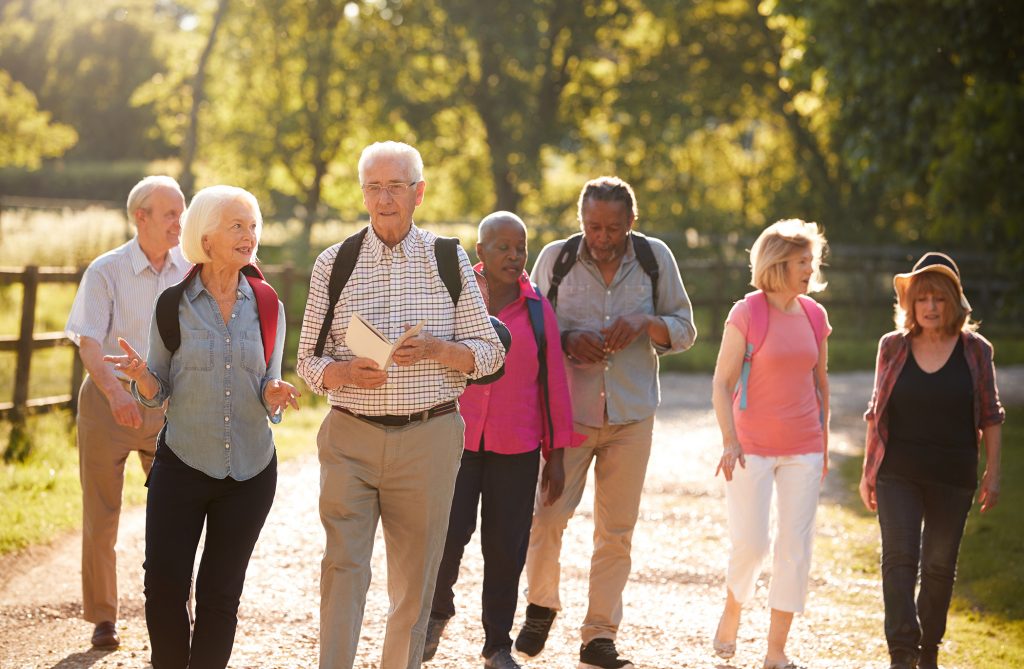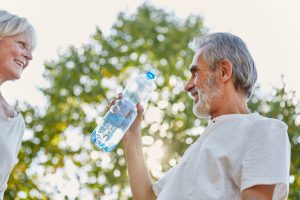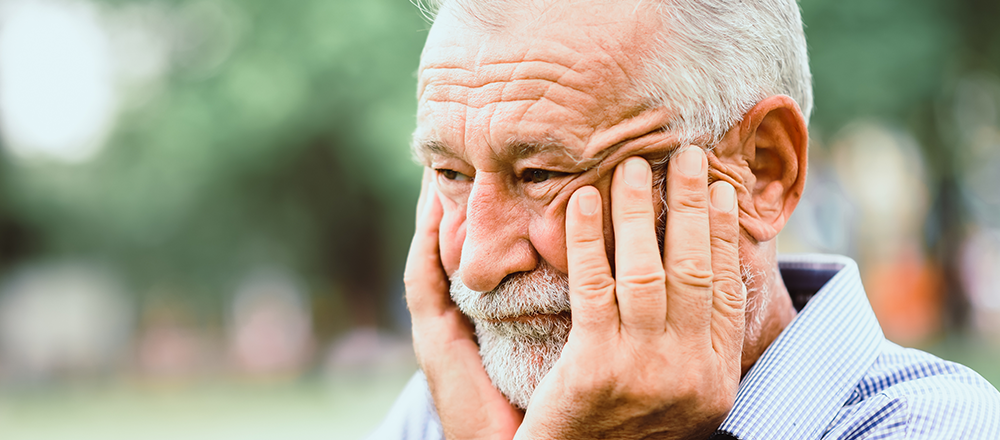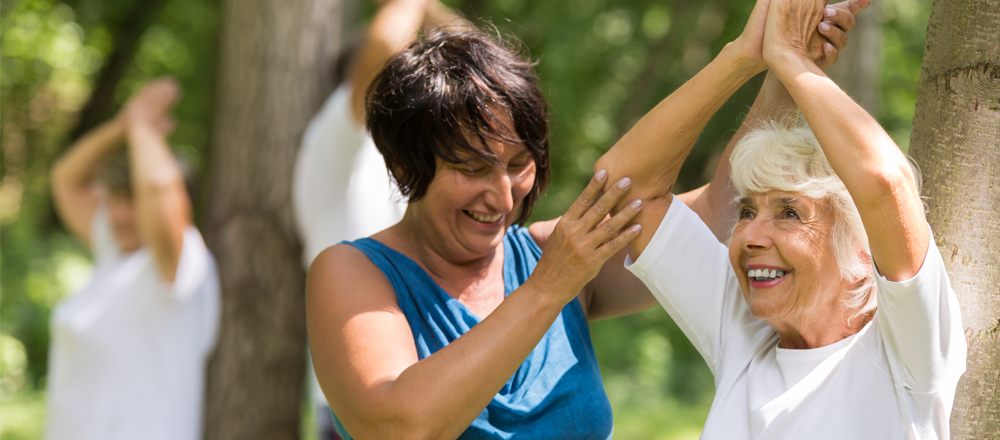
Life changes associated with aging can lead seniors to experience social isolation and loss of purpose. The two are often closely connected. Retirement, losing a spouse, adult children moving away, and lack of independent transportation all contribute to a shrinking social sphere, making it more difficult to interact regularly with other people.
It’s not without consequences. Socially-isolated seniors tend to have higher healthcare expenses and a shorter lifespan compared to those who are more socially connected. They have an increased risk for chronic disease, including high blood pressure, heart disease, obesity, cognitive decline, and Alzheimer’s. And they are more prone to mental health issues such as depression and anxiety.
On the flipside, seniors who remain socially connected tend to live longer, report better mood, and have better health outcomes when they are admitted to the hospital. Having purpose likewise helps seniors maintain cognitive function and other markers of wellbeing, such as good sleep and lower risk of disease.
It’s clear: engaging in meaningful, productive activities with other people is beneficial for your physical and mental health. One way to maintain these connections in old age, especially if family lives out of state, is to get involved with your local community.
Here are five ways seniors can get involved in the community:
- Sign up for an exercise class — Fitness classes kill two birds with one stone. You get the physical benefits of exercise with the emotional benefits of social interaction. Choose a fitness class that suits your activity level. Talk to the wellness coordinator at your senior living community if you need help finding the right fit.
- Attend church services — Staying active in a religious community can be immensely beneficial for body, mind, and spirit. Not only that, but Sunday services ensure that you have at least one scheduled social outing every week. If you’re currently a member of a church, keep attending if possible. If transportation options or mobility challenges prevent you from keeping up with your usual congregation, attend services in your senior living community.
- Volunteer — There’s no better way to find purpose and feel useful than through volunteering. Volunteering allows you to be active, to interact with people of all ages, and to make positive contributions to your community. Consider volunteering at local schools, hospitals, or the library.
- Join a hobby group — Shared interests are a great way to bond at any age. Connect with the activity coordinator in your community to learn about groups that might align with your hobbies. Most senior living communities will have book clubs, bridge clubs, and bible studies where you’ll find like-minded residents to socialize with.
- Take a class — Many studies have shown that a commitment to lifelong learning supports cognitive wellness and may help ward off the onset of Alzheimer’s disease. Keep in mind that learning doesn’t have to mean textbooks and classrooms. You could take a cooking class, learn to play a new musical instrument, or take a creative writing course—perhaps writing some personal non-fiction to pass your memories down to your children.
Aim to schedule at least two or three recurring weekly activities—like church on Sunday mornings and a book club that meets on Wednesday afternoons—so that you always have a social event to look forward to. Each week, fill in your calendar with more spontaneous outings, like coffees or lunches with friends. It doesn’t matter what activities you decide to get involved with. The important thing is making it a regular part of your life.

 Cultural stereotypes tend to paint aging in a negative light. “Senior moments” of forgetfulness, fumbling with new technology, and mishearing things are all familiar hallmarks of aging—at least as it’s portrayed in the media. Not only are such stereotypes patently untrue (according to
Cultural stereotypes tend to paint aging in a negative light. “Senior moments” of forgetfulness, fumbling with new technology, and mishearing things are all familiar hallmarks of aging—at least as it’s portrayed in the media. Not only are such stereotypes patently untrue (according to 

